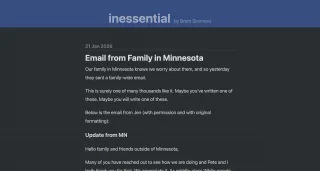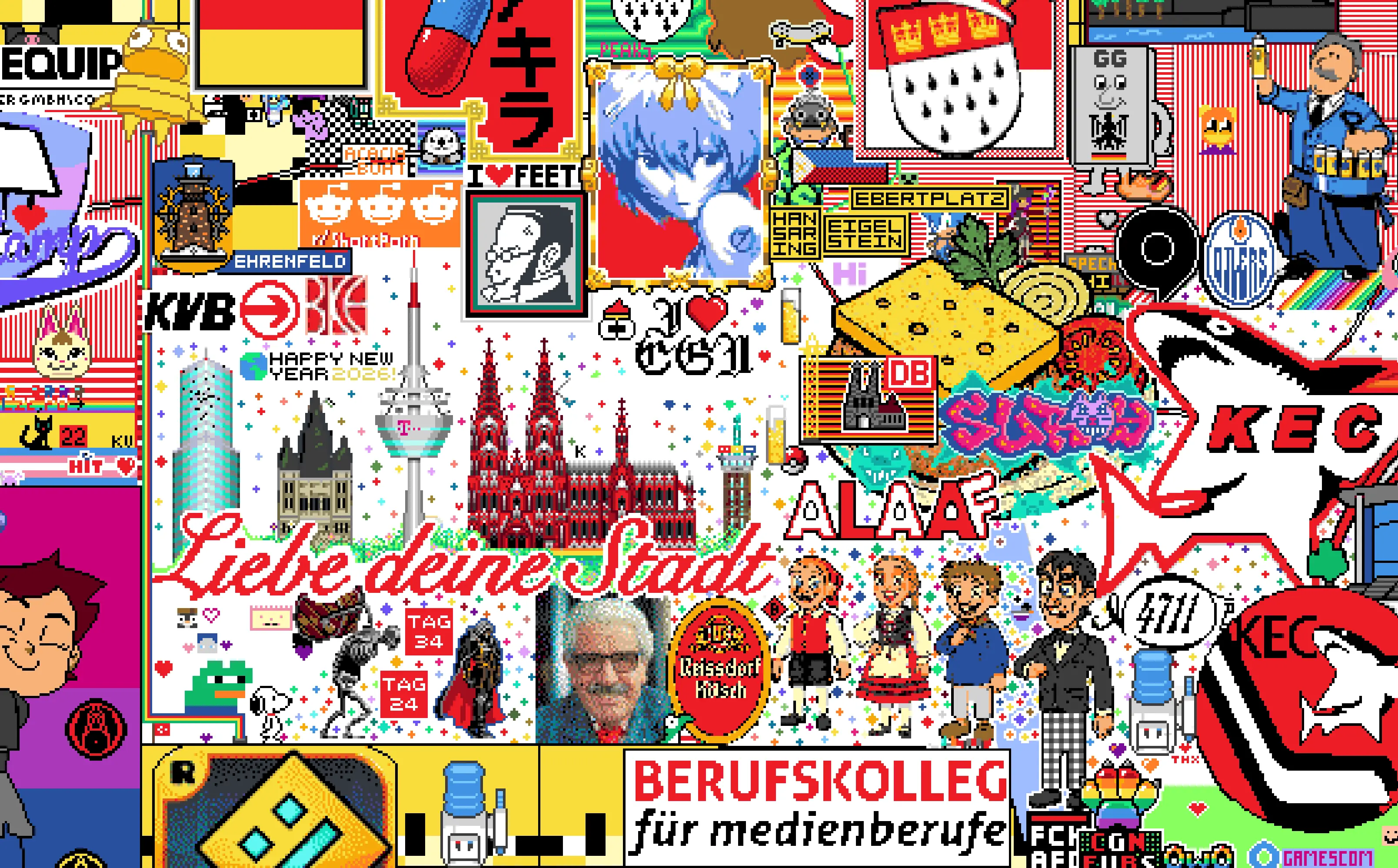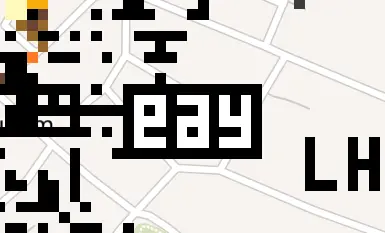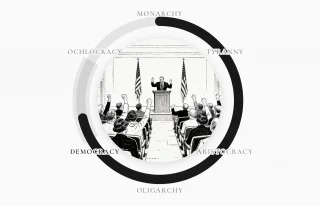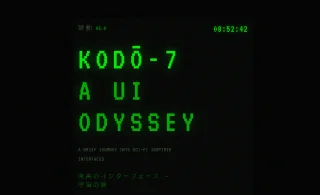
Andy Coenen, AI-Researcher bei Google, hat – unter Zuhilfenahme von LLMs, Coding Agents, Bildgeneratoren und der Google Maps API für 3D-Ansichten – eine isometrische Pixelversion von New York City im Stil von Sim City 2000 und Rollercoaster Tycoon erzeugt:
Growing up, I played a lot of video games, and my favorites were world building games like SimCity 2000 and Rollercoaster Tycoon. As a core millennial rapidly approaching middle age, I’m a sucker for the nostalgic vibes of those late 90s / early 2000s games. As I stared out at the city, I couldn’t help but imagine what it would look like in the style of those childhood memories.
So here’s the idea: I’m going to make a giant isometric pixel-art map of New York City. And I’m going to use it as an excuse to push hard on the limits of the latest and greatest generative models and coding agents.
Den Prozess hat er dabei ausführlich beschrieben und dabei insbesondere die Limitierung der Bildgeneratoren offengelegt, wie er selbst schreibt.
Am Seitenende gibt es dann eine interaktive Kartenanwendung, mit der ihr Isolated NYC heranzoomen und entdecken könnt. (via Kottke)



